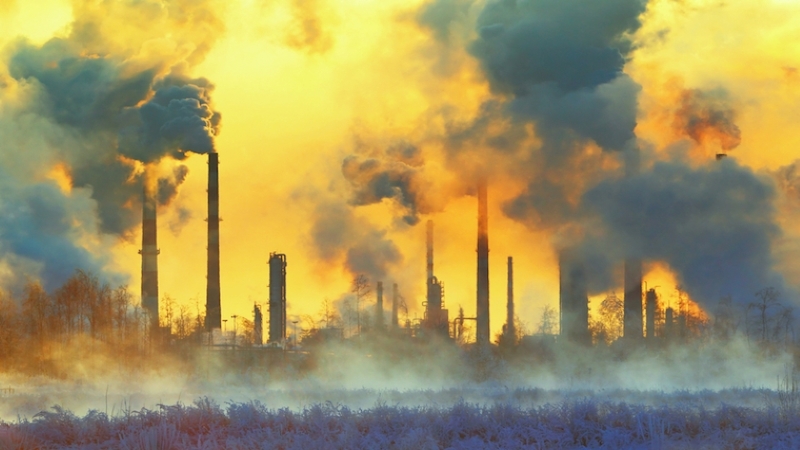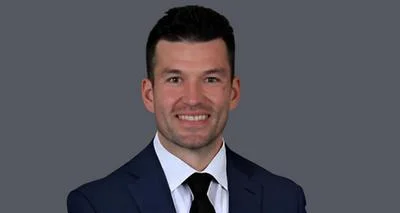While a number of cities are seeing environmental benefits from COVID-19-related lifestyle changes, Michigan’s southwest Detroit is still fighting air pollution.
According to Bridge Michigan, a predominantly Latino and African-American neighborhood in Detroit is still suffering from poor air quality. Environmentalists worry that even though there are many closed businesses at this time, a number of industries will be pushing the limits of pollution controls while the public eye is focused on the new coronavirus.
Federal regulators are already threatening such a response as they try to stimulate the economy that has been crippled for the past few weeks. According to The New York Times, there have been some changes to auto pollution rules, allowing cars to emit more carbon dioxide than was previously allowed. While the economic relief of this action might be substantial, environmental activists worry that it could also result in severe consequences for the climate.
A Detroit-based Sierra Club member, Justin Onwenu, said that the timing could be dangerous.
“People deserve to have input, and I’m worried because a lot of folks don’t have Internet access or the bandwidth to engage right now,” Onwenu told Bridge Michigan.
A local healthy air program at Southwest Detroit Environmental Vision worries about the fact that industrial facilities are continuing to operate, which is not necessarily negotiable, as people still need to be able to get access to food and resources, which requires truck drivers and general transportation of goods.
Unfortunately, there may be a real link between poor air quality and an increased risk of contracting COVID-19, as those who suffer from respiratory illnesses also are more likely to succumb to the disease.
A research investigator at University of Michigan School of Public Health, Trish Koman, said that the disease and poor air quality are also likely to impact those in minority groups.
“The way we have allocated land for highways, factories, utilities and other sources of air pollution often ends up falling on racial minorities,” Koman told Bridge Michigan. “That’s true in Michigan and across the U.S.”
It is, however, not clear or proven that a period of rest in air pollution would have a sizable link to decreasing the risk of Detroit residents contracting COVID-19.





 Alerts Sign-up
Alerts Sign-up